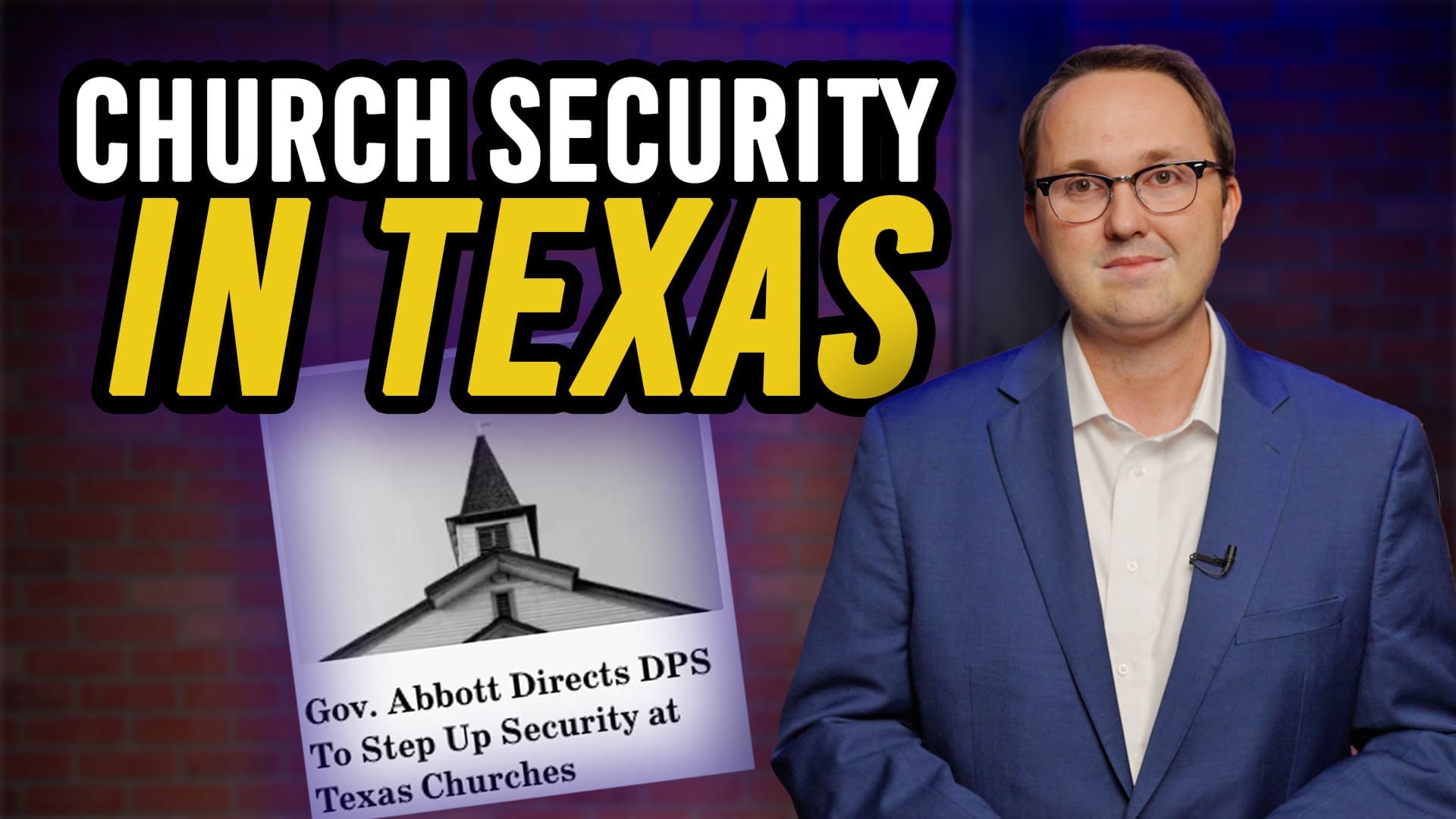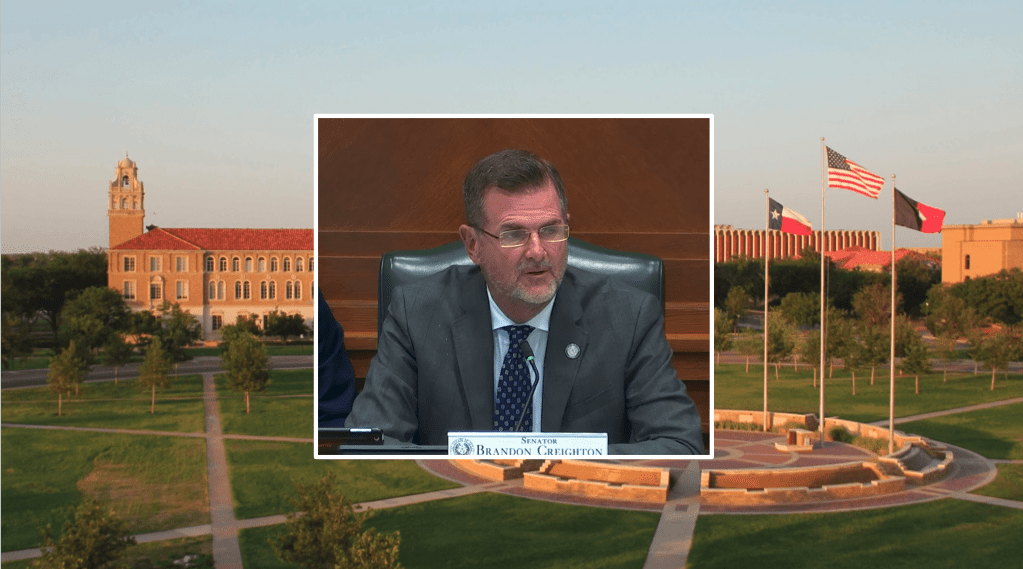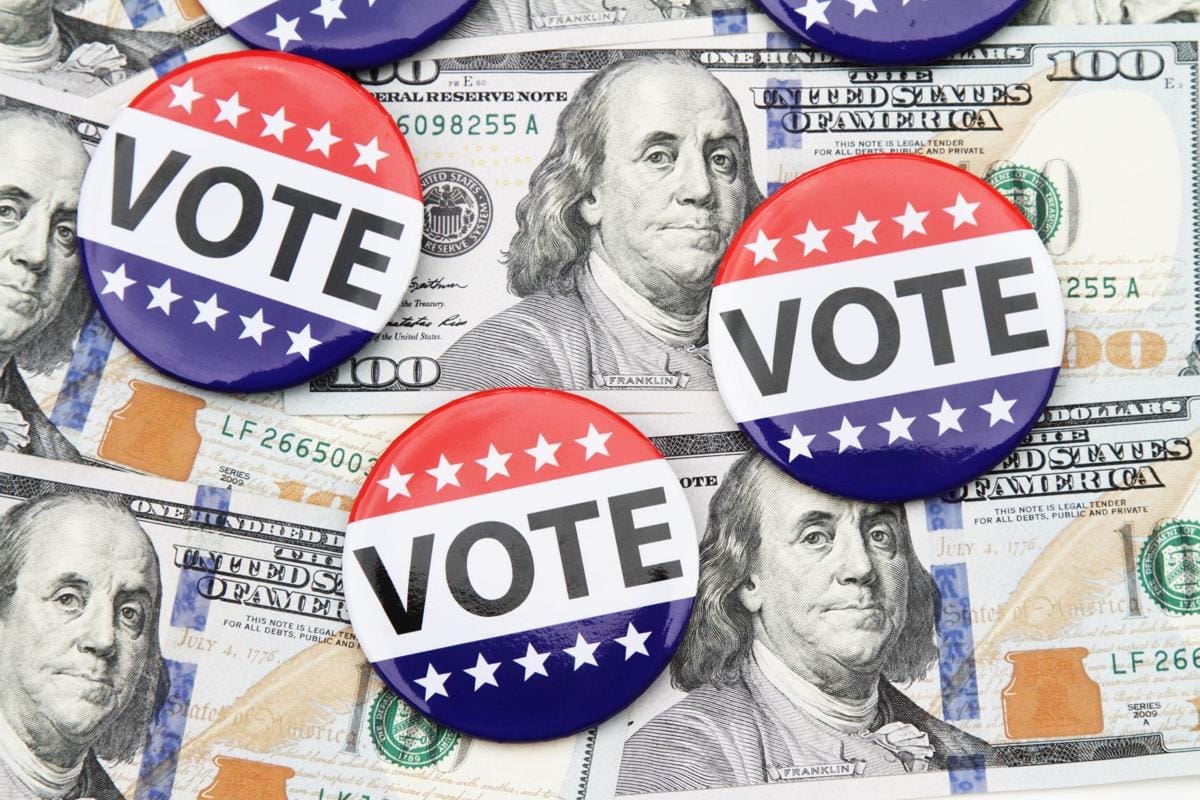As the ongoing second called special legislative session nears its forced conclusion on Sunday, legislation aimed at preempting local governments from creating a patchwork of regulations on private businesses and their employment practices hit a major roadblock in the Texas House.
The bill, authored by State Sen. Brandon Creighton (R–Conroe) and sponsored by State Rep. Phil King (R–Weatherford), faced several amendment attempts throughout the course of the deliberations on the House floor on Wednesday. It is an issue that is included in Gov. Greg Abbott’s special session agenda.
After being considered for several hours, State Rep. Joe Moody (D–El Paso) called a point of order on the bill, alleging that the legislation itself did not meet the stipulations set by Gov. Greg Abbott in his special session agenda, which states:
Legislation shielding private employers and employees from political subdivision rules, regulations, ordinances, and other actions that require any terms of employment that exceed or conflict with federal or state law relating to any form of employment leave, hiring practices, employment benefits, or scheduling practices.
The point of order was sustained by House Speaker Dade Phelan on the grounds that because the bill also applied to municipal employees, it qualified as outside of the scope of the agenda request. As such, the legislation was remitted back to the House State Affairs Committee.
Brief History
The debate was reminiscent of when similar legislation was considered during the regular legislative session, before finally falling victim to the legislative clock and the quorum break that was enabled by House Republican leadership.
The impetus for the legislation is to address a growing list of cities and counties that have adopted ordinances ranging from paid time off or sick leave to that of hiring and scheduling practices. The city of Dallas adopted a paid sick leave mandate in May of 2019, even though a petition drive to put it on the ballot before Dallas voters had failed the year prior. It was later challenged and overruled by a court in March of 2020. The city of Austin adopted a paid sick leave ordinance in February of 2018.
According to Shelby Sterling, a policy analyst at the Texas Public Policy Foundation:
Requiring private businesses to take on the regulatory hurdles and increased costs of such mandates will hurt businesses, employees, and consumers. Employers will be forced to shift costs, due to a lack of increased output. Workers will lose out on potential job opportunities, other benefits, and higher wages. And consumers will inevitably see increased prices for goods and services—and fewer options.
A comprehensive report by the Freedom Foundation examined the 10 most significant studies on mandatory paid sick leave and found similar trends: Employees were likely to lose wages, benefits, and even their jobs. Consumers often saw higher prices. The alleged benefits of reduced turnover, sick presenteeism, and employer savings failed to materialize.
Next Steps
The legislation was sent back to the House State Affairs Committee for its reconsideration.
With only a few days left in the ongoing special legislative session, it is possible the bill could make its way back to the overall House floor to be considered again. But because in the Legislature “delay is death,” the prospects of its final passage have certainly been made more difficult.





